| Pituitary (The master gland) | Growth Hormone | Regulates tissue and bone growth. |
| ACTH (Adreno-Corticotrophic Hormone) | Controls structure and functioning of the adrenal cortex, especially secretions of gluco-corticoids and sex-corticoids. |
| FSH (Follicle Stimulating Hormone) or Gametokinetic Factor | Stimulates spermatogenesis in testes of male, maturation of Graafian or ovarian follicles in ovaries and secretion of estrogen in females. |
| TSH (Thyroid Stimulating Hormone) | Stimulates thyroid to make thyroxine. |
| Oxytocin (Pitocin) | Helps the uterus to contract during the childbirth. |
| ADH (Anti Diuretic Hormone) or Vasopressin or Pitressin | Controls the amount of water reabsorbed by the kidney (Osmoregulation). |
| | |
| Thyroid | Thyroxine | Regulates the rate of growth and metabolism. Production of too little of this hormone causes overweight and sluggishness. Too much of it leads to thinness and overactivity. |
| | |
| Adrenal | Cortisone | Produced by cortex of this gland. Aids in the conversion of proteins to sugar. The adrenal cortex itself is stimulated by the pituitary. |
| | |
| Pancreas (islets of Langerhans) | Insulin | Regulates sugar metabolism. Too little insulin leads to a high sugar level in blood and weakness- a condition called diabetes. |
| | |
| Ovary | Estrogen | Development of secondary sexual characters such as the development of breasts in females. |
| | |
| Testis | Testosterone | Development of many masculine features such as the growth of moustaches and beard. |
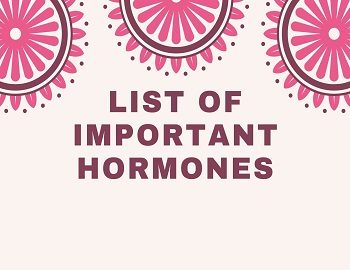
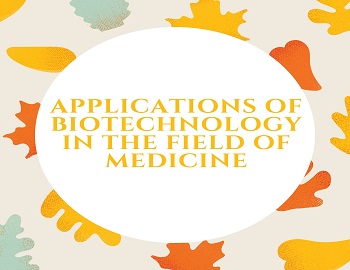
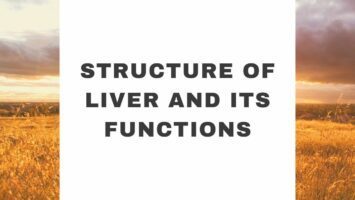

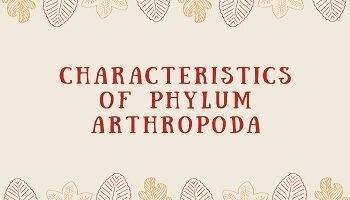
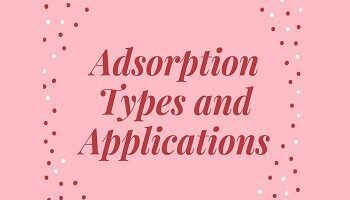


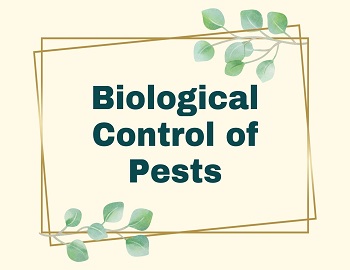
Comments (No)